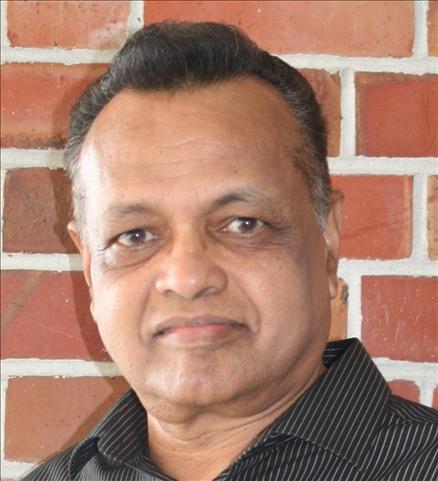 The long cherished dream of Fijians to experience and enjoy the true tenets of democracy would be realised if the constitutional reforms being pursued by the incumbent military regime are implemented without impediments.
The long cherished dream of Fijians to experience and enjoy the true tenets of democracy would be realised if the constitutional reforms being pursued by the incumbent military regime are implemented without impediments.
The reforms, in tune with the provisions of the ‘People’s Charter for Change’ would ensure equality, secularism, transparency, good governance and social justice for all Fijians, irrespective of their ancestry or ethnicity. The current regime aims to eliminate discrimination, corruption and ethnic voting and enforce the principles of an independent judiciary, proportional representation, and one-person-one-vote-one-value.
The precepts of the People’s Charter for Change are at the core of the proposed Constitution, which would be a significant departure from the past Constitutions, which consolidated racial divisions, inhibited racial integration and contributed to political instability, coups and upheavals.
In an about turn, the Fijian army is now at the forefront of the Constitution formulation process in accordance with the provisions of the People’s Charter.
The troublemakers, nationalists, chiefs and elites who advocated racism have been neutralised.
This scenario has changed the political landscape of Fiji dramatically.
Worthy changes
The servant of the State is now the master and is calling the shots. Its premise is laudable and worthy of support.
The appointment of Professor Yash Ghai as the Chairman of the Constitutional Commission is significant. He is an internationally acclaimed constitutional and human rights expert who was involved in the formation of the constitution in many countries.
The other two appointees, Taufa Vakatale and Satendra Nandan, are national icons who would no doubt give valuable assistance to the Constitutional Commission. The names of two other members to serve on the Commission are to be announced later.
Constructive engagement
The schedule of activities appears tight but the government’s desire to engage everyone in the constitutional review deserves acknowledgement and support.
In May 2012, a civic education campaign will be launched to ensure that people are well informed to engage meaningfully and constructively in the process.
The issues that people would consider would have far-reaching influence on the state of polity in the future. They would in essence evaluate the following: 1. Should social and economic rights be included in the Bill of Rights? 2. What should be the size of the new Parliament? 3. How to attract better quality Parliamentarians? 4. Should there be a Senate? If yes, should the Senators be elected or nominated? 5. How should the judiciary be selected? 6. Should political parties and their office holders disclose their assets and liabilities?
Following these exercises, the Commission will draft a Constitution for consideration by a Constituent Assembly, comprising representatives of the civil society groups and organisations, including faith-based organisations, national institutions, political parties (all registered in Fiji) and the government.
Historically, Fiji has had a long experiment with politics that was race-based. It has proved successively that politics of race benefited neither the indigenous Fijians (the targeted beneficiaries) nor Indo-Fijians (the victims).
The system created indigenous elites that comprised chiefs and those that climbed the indigenous political ladder for one reason or other. They posed as God’s chosen ones to guide the destiny of a divided Fiji.
The racial divisions helped them to prosper while others fought for the crumbs.
It was cruel and evil but packaged and promoted in such a way that the so-called leaders were viewed and accepted as the true champions of the indigenous community. The truth was that they discreetly and deviously promoted their self- interest above the interests of the community that they purported to serve.
Will the proposed Constitution allay the fears of Indo-Fijians and restore their faith and trust in Fiji?
Time will tell.






